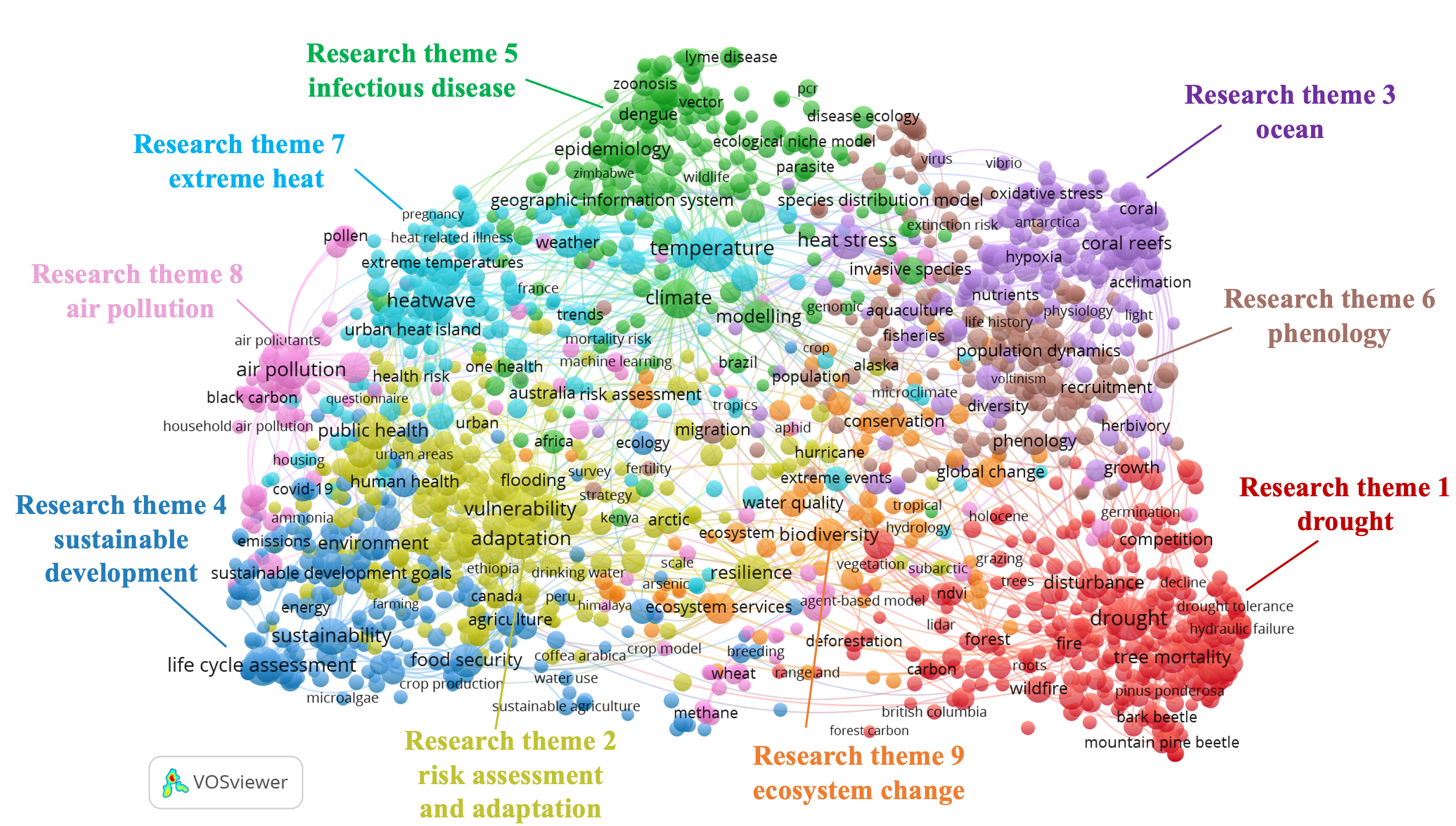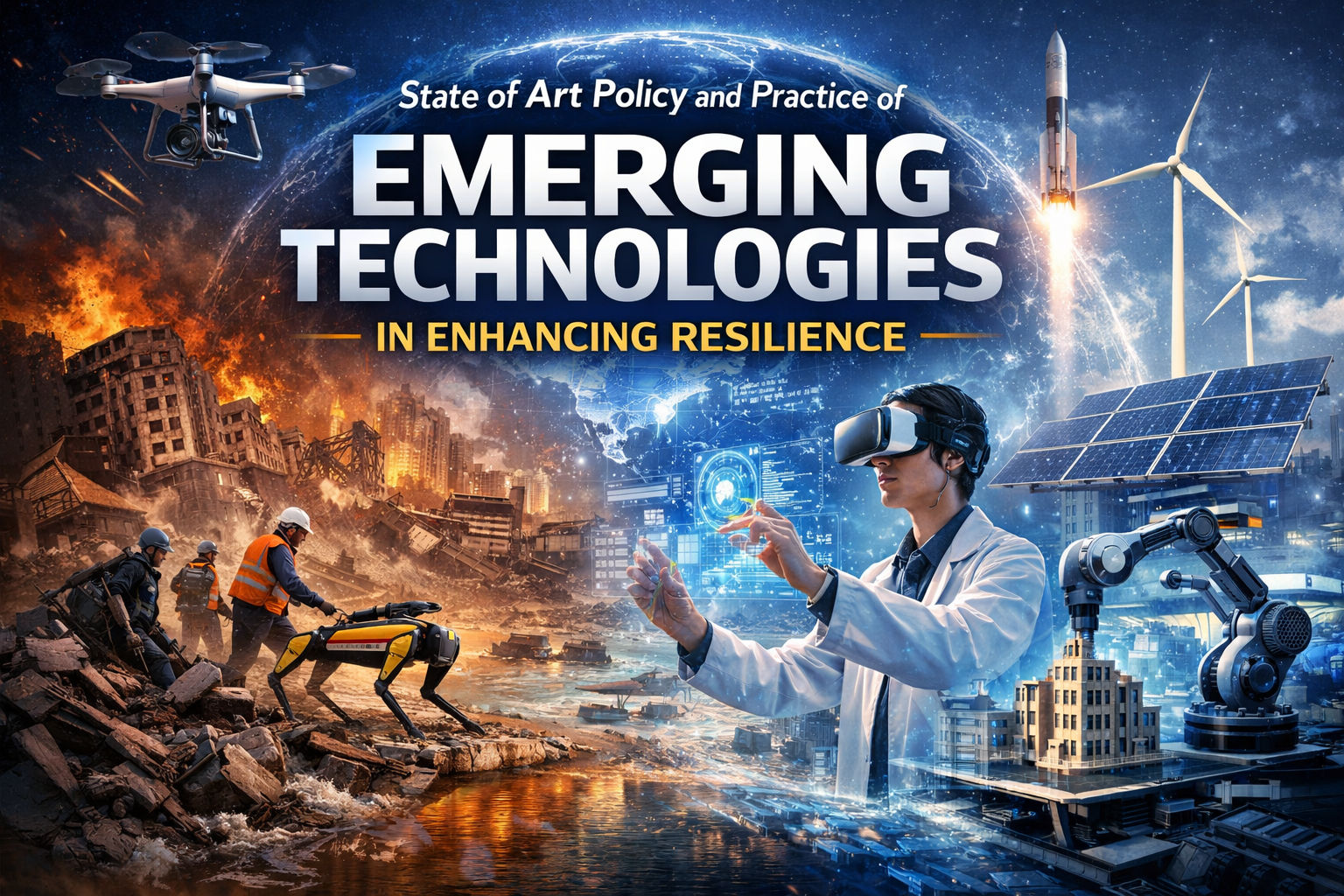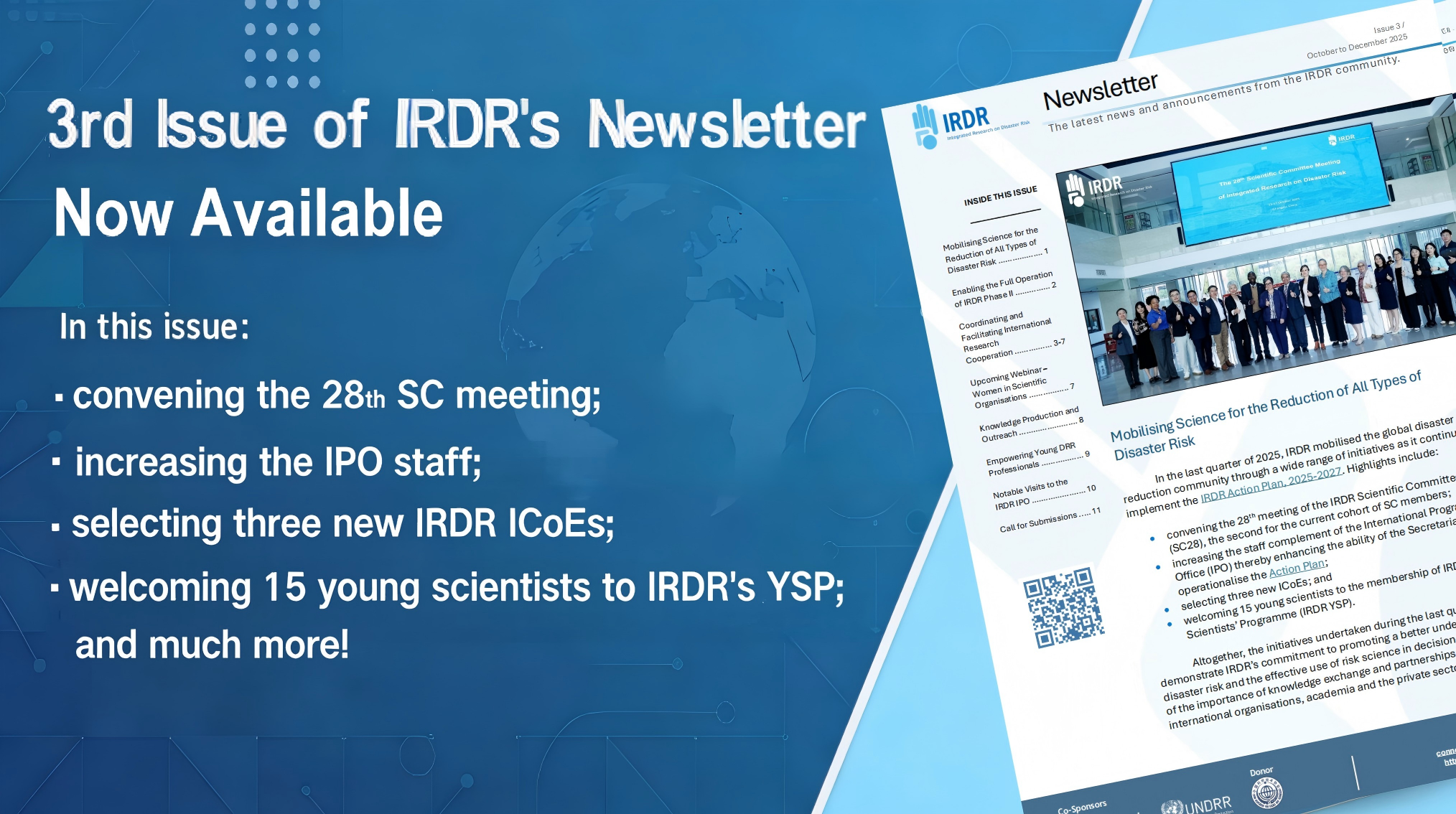Climate change is one of the greatest threats to mankind in the 21st century. Improving human adaptability to climate change and reducing the health risks of climate change to human beings is an important task of climate change risk management. Invited by the International Program Office (IPO), the IRDR ICoE on Risk Interconnectivity and Governance on Weather/Climate Extremes Impact and Public Health (ICoE-RIG-WECEIIPHE) hosted by Fudan University investigated the current status and trends of research conducted in the field of climate change and health, and summarized future research priorities based on the expert discussion and recommendation in the three high-level forums/workshops. The results were recently published as an IRDR working report (Research themes, trends and future priorities in the field of climate change and health, doi: 10.24948/2022.05, /pdf/knowledge_pool/publications/917).
The ICoE-RIG-WECEIPHE team performed a detailed bibliometric analysis of published scientific papers related to "climate change" and "health" published between 1900 and 2020. They found that the number of papers published in this crosscutting field showed three distinct stages: slow growth (growth rate of ~16 papers/year), accelerated growth (growth rate of ~162 papers/year), and rapid growth (growth rate of ~441 papers/year). The changing point was noted to be consistent with the release of IPCC Assessment Reports (1990-AR1, 2007-AR4, 2014-AR5). The IPCC-ARs are the most representative, indicative and cutting-edge research achievement regarding climate change. The bibliometric analysis conducted by ICoE-RIG-WECEIPHE provided a trend summary of the research contributing to the IPCC assessment report. With more research papers published in this field, the more accurate and representative the IPCC's assessment report will be.
The ICoE-RIG-WECEIPHE team further identified 9 research themes in the field of "climate change" and "health" by keyword co-occurrence network analysis. The representing keywords of 9 research themes are drought, risk assessment and adaptation, ocean, sustainable development, infectious diseases, phenology, extreme heat, air pollution, and ecosystem change (Fig 1). Trend analysis indicated that research themes represented by risk assessment and adaptation, sustainable development, extreme weather, and air pollution are receiving increasing attention in the past 15 years.

Fig 1. Social network map derived from VOSviewer Software based on the co-occurrence analysis of major keywords (frequency ≥ 10) in the field of climate change and health.
The working paper also includes suggestions, recommendations and future priorities identified by experts in the field of atmospheric sciences, epidemiology, public health, climate change, environmental sciences, and policy development. It points out that future research should focus more on (i) the interconnectivity of multi-risks and incorporate One Health approach into the risk governance; (ii) a deepened identification of all causes of the related facts and its interaction of climate change, environment and public health is needed; (iii) co-benefit should be obtained in developing and implementing an integrated pathway in tackling health burden, air pollution, biodiversity losses and greenhouse gases emission at the same time. These mission-orientated actions are anticipated to serve as a supplementary action plan in support of the IRDR new Global Risk Research Framework (A Framework for Global Science in support of Risk-informed Sustainable Development and Planetary Health). It also provides support to the scientific research strategy released by the International Science Council in 2021(UNLEASHING SCIENCE: Delivering Missions for Sustainability), within which climate and health are two of the 5 missions.





